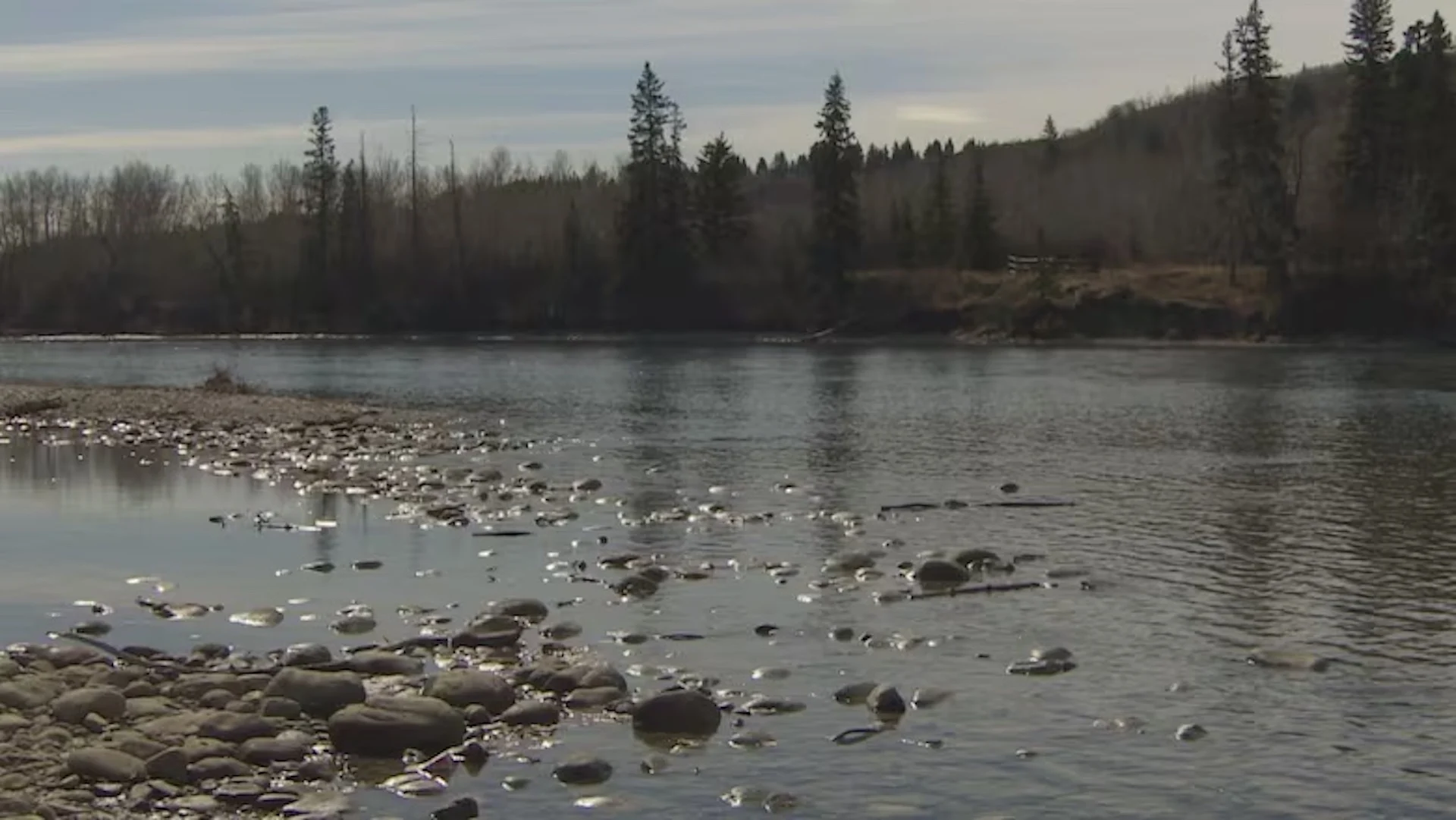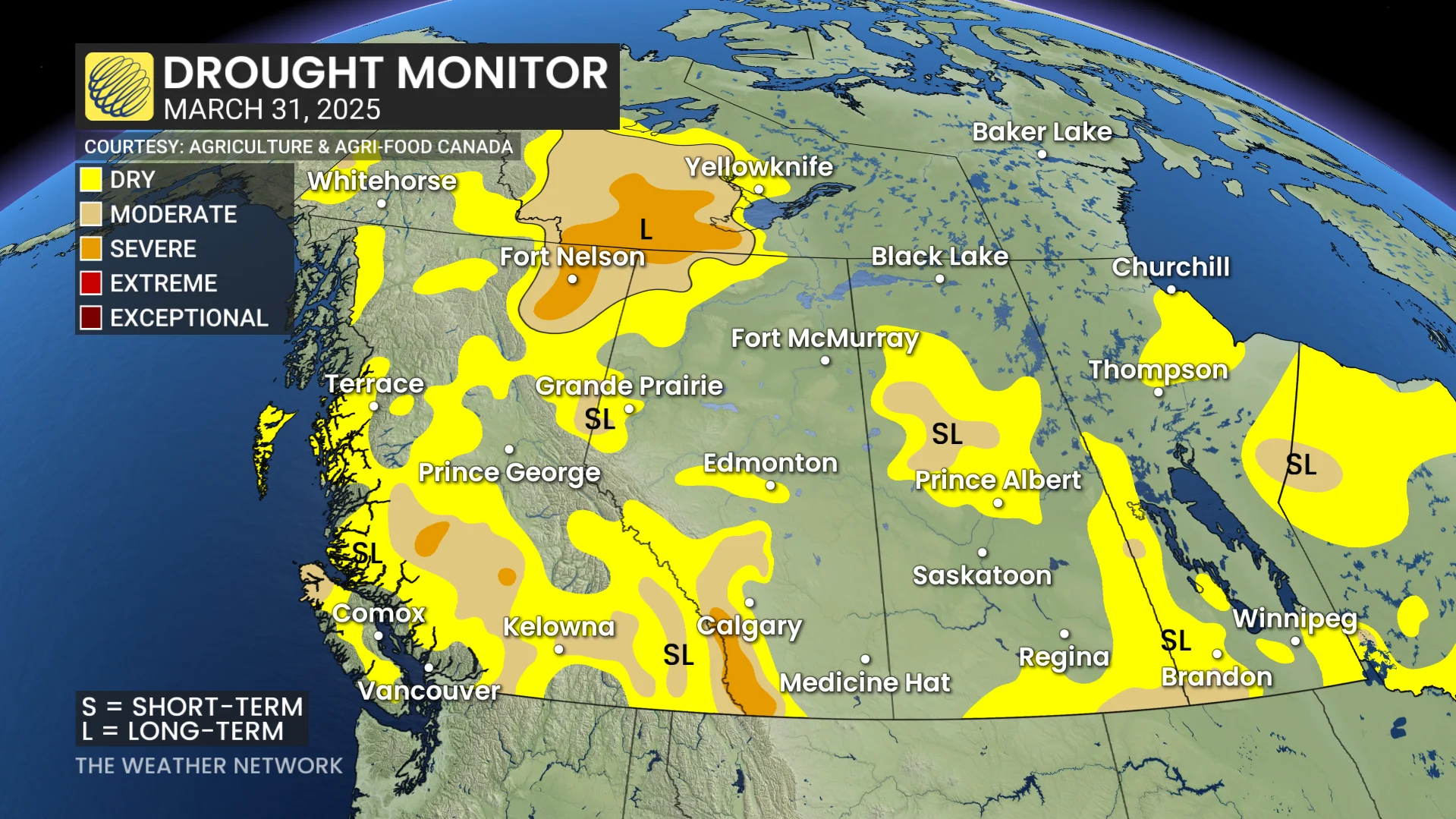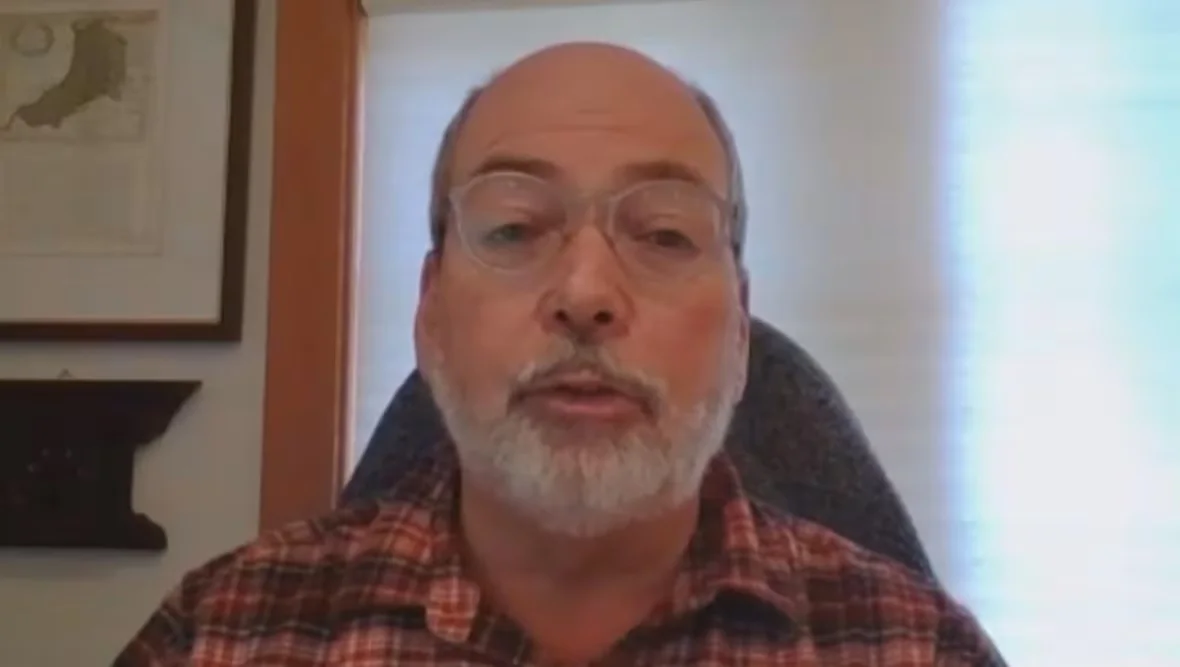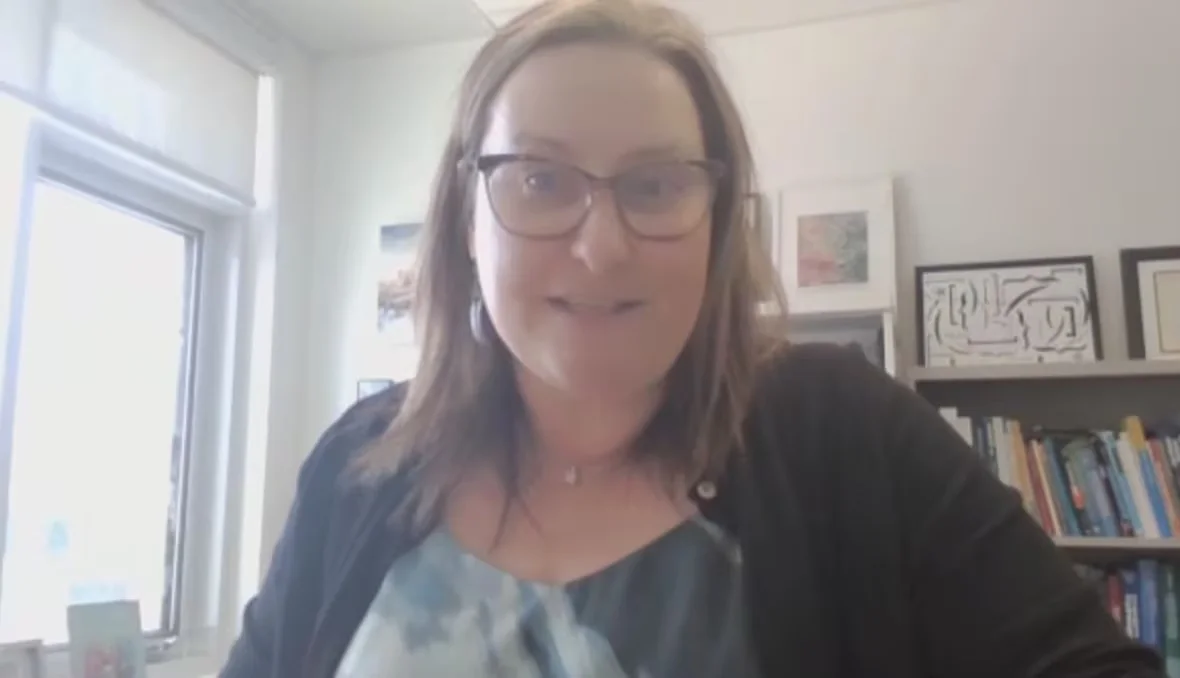
Water experts on edge as another dry summer heats up in southern Alberta
Prominent hydrologists are sounding the alarm as another dry summer in southern Alberta — with the possibility of water restrictions — is coming into focus.
Water levels are low. Really low.
DON'T MISS: Summer sneak peek: Canada's warm season goes on cruise control
"The snowpacks in the mountain headwaters of the Bow River, the Oldman River, Red Deer River and North Saskatchewan River are generally extremely low, some of the lowest I've ever seen," John Pomeroy told CBC News in a Tuesday interview.
Pomeroy is the director of the Global Water Futures program at the University of Saskatchewan.
He said snowpack has a more critical role in water levels and river flow than most people understand.

Prairies drought monitor as of March 31, 2025. (Agriculture and Agri-Food Canada/The Weather Network)
"Our most recent diagnosis using hydrological models suggests that the snowpack is about 80 per cent of the stream flow volume that Calgary sees," he said. "So it's extremely important. Most of those rains recharge soil moisture. It's a snowmelt that generates stream flow."
That's the case except in freak weather incidents like the 2013 Calgary-area floods, he added.
One of Pomeroy's University of Calgary's colleagues said there's a lot going on this year.
"This snowpack has been low really all winter," Tricia Stadnyk told CBC News in an interview.
"And although we've made up a little bit of ground, that pretty much puts us on par with some of the snowpacks that we had in 2024, last year. And just as a reminder, last year was essentially a record-breaking low for the amount of snow that we had accumulated."

John Pomeroy is the director at the Global Water Futures program at the University of Saskatchewan. He says the snowpacks in the mountain headwaters are some of the lowest he's ever seen. (Google Meet)
Stadnyk is a Canada Research Chair in hydrological modelling and professor in the Schulich School of Engineering.
She said that in mid-central Alberta the "snow pillows" — devices for measuring the water content in snowpacks — are thirsty.
"They're running at about a 75- to all the way up to 200-millimetre deficit in snow water equivalent. So that's a fair bit of moisture that we're lacking," Stadnyk explained.
"And people also need to remember that we've had a very early warm period. We also had a midwinter warm back in January that many Calgarians enjoyed. But the consequence of that is that we lost a lot of our snowpack very early on."
Calgarians had a surprise dump of snow a few days ago but that didn't change much, Pomeroy noted.
"And even the most recent weekend snowfall, which was very welcomed — it was about 30-mm water equivalent — but we still have over 100 mm to catch up on in many of these headwater basins. So it wasn't enough to do it," he said.

Tricia Stadnyk is a Canada Research Chair and professor in the Schulich School of Engineering in Calgary. She says the snowpack has been low all winter. (Google Meet)
Above normal temperatures forecast in coming months could further complicate things, Pomeroy added.
"So that early melt and a low snowpack, the culmination is really problematic for us. And if we get that, then we're going to have some tremendous water management challenges throughout southern Alberta."
Pomeroy said it's important to connect weather changes overtime to their scientific causes.
"We seem to be seeing more of this. And of course the temperatures are up and that's global heating and that's caused by greenhouse gas emissions. So we're reaping what we're sowing."
For Stadnyk, meanwhile, it's time to think ahead.
"So I think the main message is, all the data that we're looking at is showing us that we're actually in a more precarious position than we were this time last year," she said.
"So water conservation needs to be top of mind."
Thumbnail courtesy of CBC.
The story was originally written by David Bell and published for CBC News. It contains files from Ted Henley.